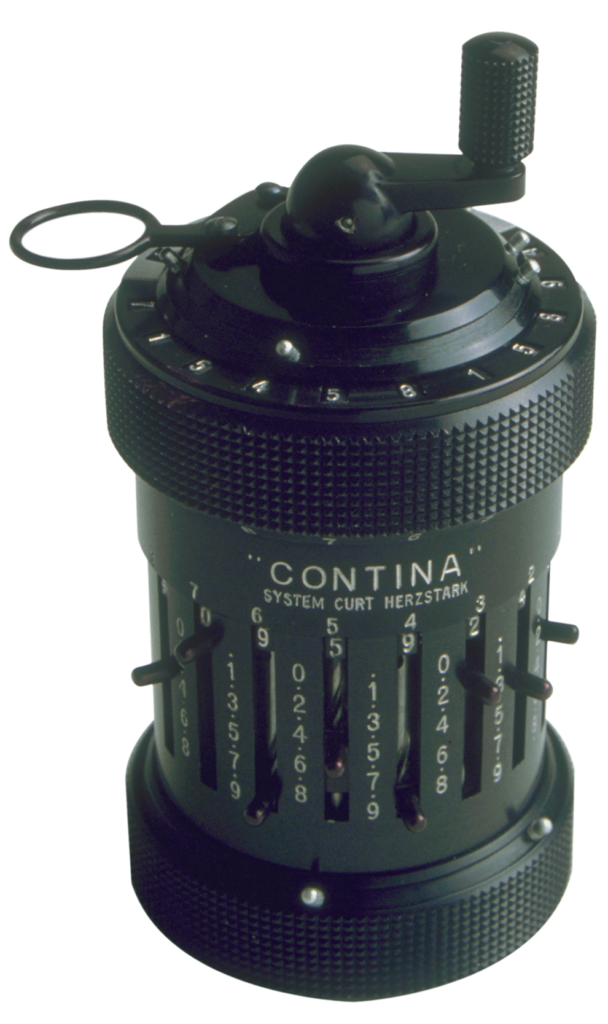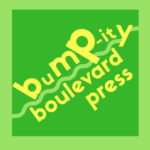
I’ve been reading Susan Kaye Quinn‘s Indie Author Survival Guide (Second Edition) Crafting a Self-Publishing Career Book 1). Unfortunately, the book is no longer available, but there’s an interview with Susan Kaye Quinn on The Creative Penn podcast. In spite of the title, the book covers topics that are also interesting to traditional novelists. All writers struggle with figuring out a target audience, creative freedom, and how to keep from “stopping too soon.”
Susan Kaye Quinn highlights an especially intriguing idea about how to escape “comparisonitis” from Steven Pressfield’s The War of Art:
There are many nuggets of inspiration in The War of Art by Steven Pressfield (I highly recommend it), but I’m going to highlight the section where Pressfield describes dealing with writerly competition in Territory vs. Hierarchy (I’m paraphrasing):
We (as humans and writers) define our place in the world either by Hierarchy (a social pecking order) or by Territory (a turf or domain). For the artist/writer, Hierarchy is that destructive urge to compete against others, to evaluate our success by our rank within the hierarchy of writers, and to write based on the effect it produces on the hierarchy. Pressfield insists the writer must operate territorially: to do work for its own sake, inwardly focused. Territorial work provides sustenance—the writer puts work in and receives back well-being; similarly the territory of our creations can only be claimed by the work we put into it. The artist who commands their domain is satisfied by the creation itself; the work is its own reward.
This goes beyond the “work is its own reward” trope. Staying focused on working territorially keeps the debilitating effects of hierarchical thinking from beating you down.
The Arithmeum museum in Bonn has the world’s largest collection of “calculating machines” which honestly sounded a bit boring until I went on a tour there last week. Inventing a machine that could carry over to the next place (from 9 to 10 or from 999 to 1,000) is a work of the imagination.
Our mathematician and tour guide demonstrated a beautiful, grandfather clock-like calculator by an inventor named Poleni. It made a lovely ratcheting sound while it added up numbers. Unfortunately, Poleni committed suicide after a contemporary’s calculator achieved the next coveted milestone.
Save
Save
Save
Save
The video is in German, but a rough translation in English from the Arithmeum’s website tells the story of creating a calculator that could handle addition, subtraction, division, and multiplication. There was fierce competition to produce such a machine for the Viennese Emperor.
“Anton Braun from Moehringen (upper Danube valley, Germany) was mathematician and optician of the Viennese imperial court of Charles VI. In 1727 he applied for the post as imperial instrument maker, presented the emperor with this magnificent artifact – and got the job. His mechanical calculator became part of the imperial cabinet of curiosities and treasures and was subsequently presented as a fascinating mechanical wonder. The possibility to mechanically realize all four arithmetical operations was still extremely unusual at the time and so Braun’s calculator was able to awe the emperor as well as his guests.”
Braun’s calculator was similar to one developed in 1709 by the Italian Giovanni Poleni, “yet the machine made by Braun was so much more impressive. This is partly due to its exterior design” by the “German Johann Baptist Straub (1704-1784), who later in life worked as a renowned Rokoko sculptor in Munich”.
I guess hype for computers didn’t start with Apple’s iPad or iPhone. The cover matters, whether you invent a machine or a story.
This second calculator built by Braun, apparently didn’t work reliably but was a great prestige object for the Viennese Emperor. Even in mathematics, there are many milestones and many ways to solve the same problem. To me, Poleni’s story looks like a classic case of stopping too soon. He was on to something, but he thought nobody wanted it.
Fiction has easily as much inventive territory to explore. We’ll never get through the possibilities of plot, narration, characterization, dialogue, structure, imagery, language, rhythm, or metaphor in our lifetimes.
There’s so much to discover. Let’s encourage each other to keep on keeping on.
Happy Writing!
Save
Save
Save
Save

